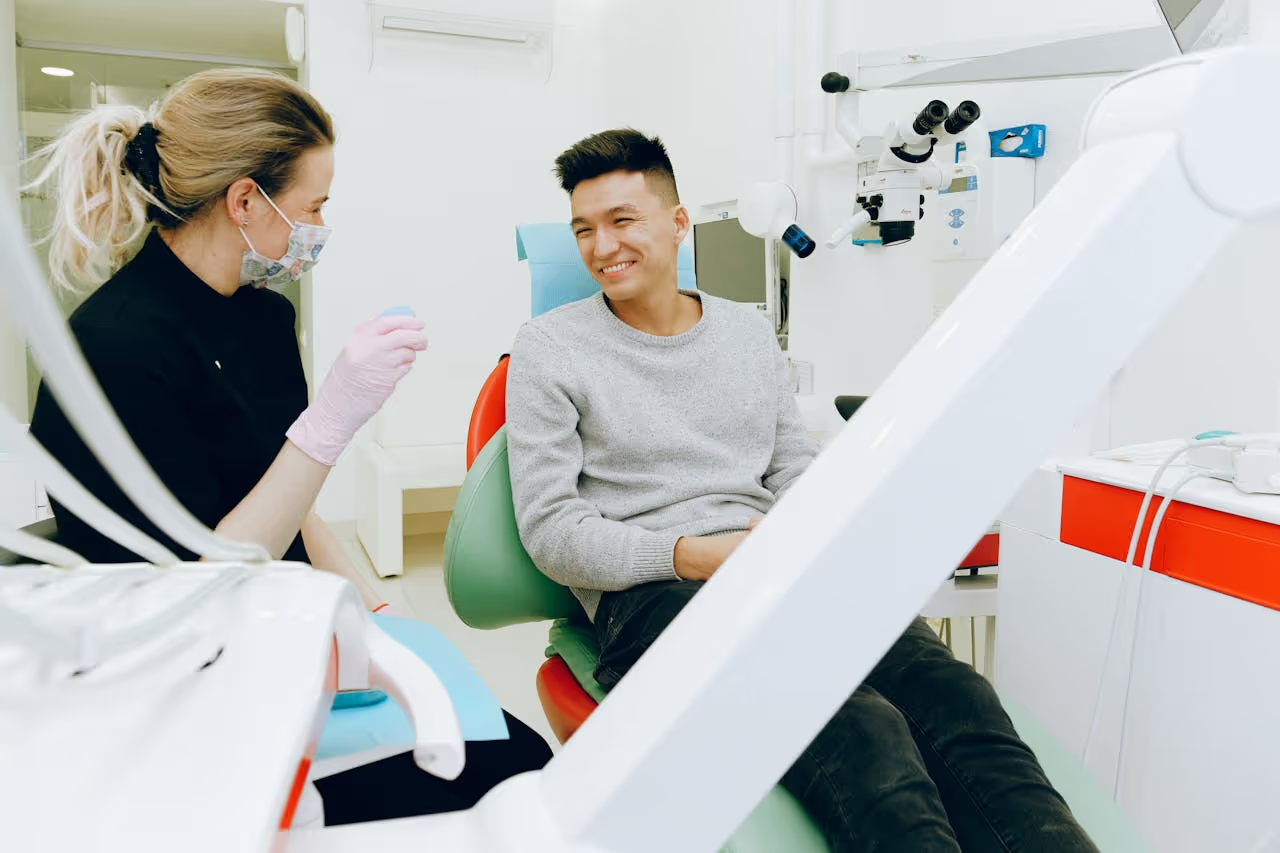Understanding Dental Assistant Programs and Financial Aid Options
Choosing a career as a dental assistant is a smart move if you want a stable, rewarding job in healthcare. Dental assistants help dentists by preparing exam rooms, sterilizing instruments, assisting during procedures, and supporting patient care. Enrollment in dental assistant training programs is growing in the U.S. as the need for qualified dental staff rises. But, many students worry about the cost of tuition. Luckily, financial aid options are available for those who qualify.
Why Consider Accredited Dental Assistant Training Programs?
Before signing up for classes, make sure you choose an accredited dental assistant school. Accredited programs give you:
- Quality education according to dental industry standards
- Eligibility for certifications like the Dental Assisting National Board (DANB)
- Access to federal financial aid and scholarships
- Smoother transfer of credits if you pursue further education
Common accrediting agencies include the Commission on Dental Accreditation (CODA). Most community colleges, vocational schools, and some four-year colleges offer dental assisting programs that take one to two years.
Typical Costs of Dental Assistant Programs
The cost of dental assistant programs can vary by location, type of school, and program length:
- Certificate programs (9-12 months): $3,000 – $15,000
- Associate degree programs (18-24 months): $7,000 – $25,000
These costs often include tuition, fees, uniforms, books, and dental supplies. The wide range in cost reflects whether you attend a public college, a private college, or a technical school.
Financial Aid for Dental Assistant Programs: Grants, Loans, and Scholarships
Many students pay for dental assistant training using federal, state, and school-based aid. Common financial aid options include:
- Federal Pell Grants – Based on financial need, do not require repayment.
- Federal Student Loans (Direct Subsidized or Unsubsidized Loans) – Must be repaid after graduation.
- Work-study programs – Offer part-time jobs to help pay for college.
- State grants – Vary by state; often for students attending in-state schools.
- Institutional scholarships – Provided by colleges for high-achieving or need-based students.
- Private scholarships – From dental associations, non-profits, or local organizations.
- Military and veteran benefits – For active-duty service members, veterans, and dependents.
To qualify for federal and most state aid, you must fill out the Free Application for Federal Student Aid (FAFSA).
How to Apply for Financial Aid for Dental Assistant School
Follow these important steps to get started:
- Check program accreditation: Your dental assistant program must be accredited and eligible for federal aid.
- Complete the FAFSA: Start at studentaid.gov. Gather tax records and personal details. Submit the FAFSA before each school year.
- Research scholarships: Search your school’s financial aid office and organizations like the American Dental Association (ADA) or Hispanic Dental Association Foundation for scholarships and grants specific to dental assisting.
- Contact military or veteran services if applicable: Use benefits like the GI Bill for eligible students.
- Review your award letter: Once accepted, your school will send a financial aid offer. Accept or decline each aid type by the deadline.
Schools Offering Dental Assistant Programs with Financial Aid
Many colleges and technical schools across the country offer dental assistant programs with financial aid. Popular options include:
- Community colleges (public two-year schools)
- Technical/vocational schools (often career-focused)
- Private colleges with allied health programs
Some well-known schools include Pima Medical Institute, Concorde Career College, and many local community colleges. Always check each school’s accreditation, graduation rate, and job placement services.
Career Outlook, Salary Expectations, and Job Placement
Dentistry is a fast-growing healthcare field. Dental assistants are in demand at private dental offices, clinics, hospitals, and specialty practices. According to the U.S. Bureau of Labor Statistics, the median annual wage for dental assistants is $44,820 (May 2023 data). Top earners and those in specialized roles may earn more. Many programs also provide job placement support and externships for hands-on experience.
Benefits of Choosing a Dental Assistant Career
- Short training period – Start working in under two years.
- Flexible schedules – Full-time and part-time jobs available.
- Opportunities for advancement – Dental hygienist or office manager roles.
- Meaningful work – Help improve patients’ oral health and confidence.
- Steady job growth and security.
Tips for Maximizing Your Financial Aid Package
- Apply as early as possible, especially for grants and scholarships.
- Meet all school and federal deadlines.
- Ask the financial aid office about special circumstances, such as loss of income.
- Consider affordable community colleges or state schools for lower tuition.
- Look for local scholarships from dental societies, employers, or non-profits.
Frequently Asked Questions About Dental Assistant Programs and Financial Aid
How long does it take to become a dental assistant?
Most dental assistant programs take between 9 months and 2 years to complete. Certificate programs are generally finished in less than a year, while associate degree programs take about 24 months.
Can I get financial aid for online dental assistant programs?
Yes, many accredited online dental assistant programs qualify for federal financial aid. Make sure the program is recognized by the U.S. Department of Education and is accredited. Always verify with the school's financial aid office before enrolling.
What are the requirements to receive financial aid for dental assistant school?
You must enroll in an accredited program, be a U.S. citizen or eligible non-citizen, have a valid Social Security number, and demonstrate financial need. For many scholarships and state grants, you must also meet specific academic or demographic requirements.
Are there scholarships just for dental assistant students?
Yes, some organizations offer scholarships specifically for dental assistant students. These include the American Dental Assistants Association Foundation, local dental societies, and many colleges with allied health programs. Search both national and regional options to increase your chances.
What is the job outlook for dental assistants?
The U.S. Bureau of Labor Statistics projects employment for dental assistants will grow 7% from 2022 to 2032, which is faster than average for all careers. Demand is strong due to an aging population and ongoing emphasis on oral health.
Do dental assisting programs include job placement services?
Many dental assistant programs partner with local dental offices for externships and job placement. Ask your school about their job placement rate and the support they provide to graduates seeking employment.









.svg)



